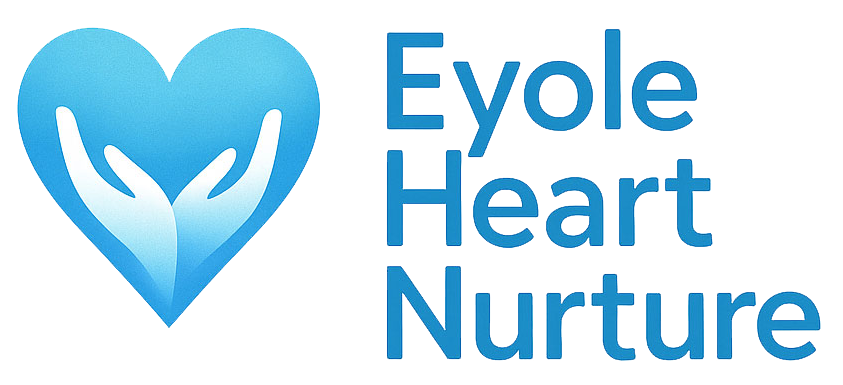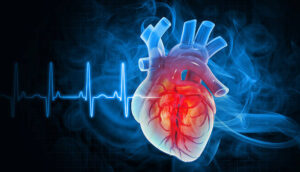It was a quiet morning in Port Harcourt when Chika felt a sudden tightness in her chest, a sensation that stopped her in her tracks. For days, she’d ignored the discomfort, attributing it to stress from work. The persistent ache—a sign to seek medical advice—pushed her to act. At EyoleHeartNurture.com, we believe understanding chest pain can lead to timely care and peace of mind, echoing the wisdom that “health is wealth.”
The Uncertainty of Discomfort
Chika’s days grew anxious. The chest pain came and went, sometimes sharp, sometimes dull, leaving her worried. Chest pain can stems from various causes—heart issues, digestive problems, or even lung conditions—some life-threatening. Biblically, 3 John 1:2 prays, “I pray that you may enjoy good health.” Her uncertainty, a common experience, highlighted the need to identify the source, as experts urge immediate attention for such symptoms.
A Turn Toward Clarity
One afternoon, inspired by a friend’s recovery story, Chika visited a doctor who diagnosed mild acid reflux, not a heart attack. She adjusted her diet and learned stress management techniques, easing her pain. Pinpointing the cause of chest pain—whether heart-related or otherwise—guides treatment. Psalm 139:14, “I am fearfully and wonderfully made,” reminded her to care for her body. Health professionals note that early action can prevent serious outcomes, a relief Chika felt as her symptoms faded.
A Life Restored
Months later, Chika shared her journey in a community health talk, encouraging others to seek help. Her heart, once troubled, now beat with confidence. Wellness advocates stress that understanding pain fosters resilience. Our free heart test at EyoleHeartNurture.com can guide you, uncovering pain’s origins. It stirs the fear of the unknown, the joy of diagnosis, and the strength to heal.
Start Your Journey Today
Don’t ignore chest pain. Begin your path to relief now. Take the free heart test today and embrace health.
“Chest pain is a signal; listening saves lives.” – Dr. Mehmet Oz
Frequently Asked Questions
1. What Can Pain Mean?
Pain can mean a warning sign of health issues, from minor to serious, like chest discomfort.
2. What Is Pain and Type?
Pain is an unpleasant sensation, with types including acute (e.g., injury) and chronic (e.g., heart-related).
3. What Is the IASP Definition of Pain?
The International Association for the Study of Pain defines it as an unpleasant sensory experience.
4. What Is the Definition of Being in Pain?
Being in pain means experiencing physical or emotional discomfort, often needing attention.
5. What Is Pain Telling You?
Pain tells you something is wrong, like chest pain signaling heart or digestive issues.
6. What Is the Medical Definition of Pain?
Medically, pain is a subjective experience of discomfort, often requiring diagnosis.
7. How to Identify Pain?
Identify by location, intensity, and triggers, like chest pain’s varying causes.
8. What Are the 4 Parts of Pain?
The 4 parts of pain include sensation, emotion, perception, and response, influencing health outcomes.
9. What Causes Pain in the Body?
Causes of pains in the body include stress, injury, or organ issues, with chest pain having multiple origins.
10. How to Prevent Body Pain?
Prevent body pain with a healthy lifestyle, stress management, and prompt medical checks.





